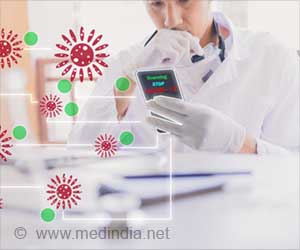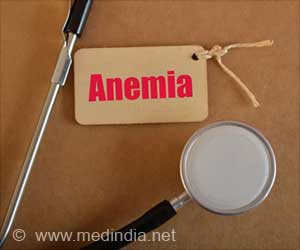Cell phones can save the lives of mothers in childbirth, and improve the care of newborns and children, reaching underserved populations in remote areas, according to experts.

"At the most basic level, mobile phones can be used to keep track of people, call for emergency assistance, remind them of appointments and share information," said Julian Schweitzer, former Chair of The Partnership for Maternal, Newborn and Child Care.
"But then you can layer on things like check lists, protocols, the steps to ensure a safe birth and action instructions in particular circumstances," she added.
Used by midwives in rural, urban slums and isolated areas, cell phones can also be attached to diagnostic devices, including those used for remote fetal monitoring or remote wireless ultrasound.
"In the near future, wireless diagnostics like stethoscopes, blood pressure, temperature and insulin monitors, and ultrasounds will enable remote diagnosis and treatment far from the closest doctor or clinic, " said Aylward.
Of special concern are MDGs 4 and 5, which call for reduced child and maternal mortality. At the most recent assessment, 49 of the 68 high-burden countries had made little, if any progress toward meeting those goals.
Advertisement
"We are talking about applying in health care the same kinds of sophisticated information systems that most businesses use, extending them with wireless to reach everyone. In low and middle- income countries we have the opportunity to leap frog the developed world and do it right. This is a huge opportunity," said Schweitzer.
Advertisement








